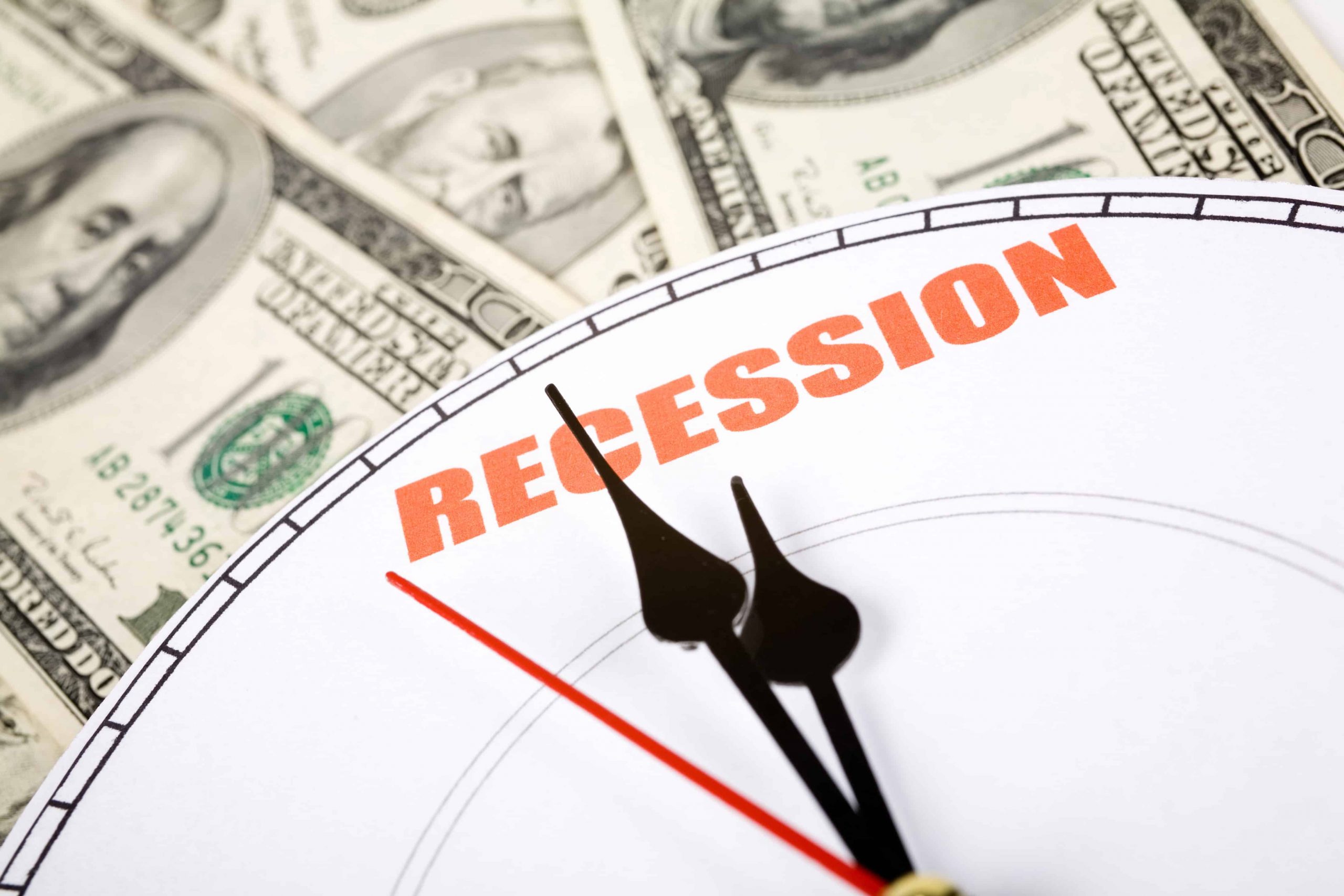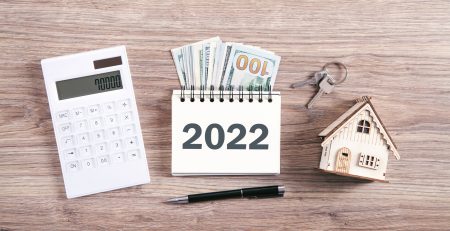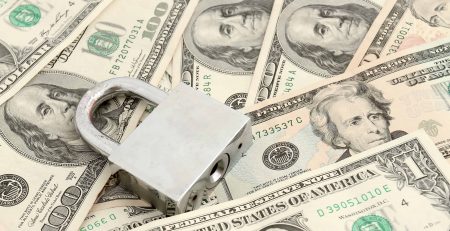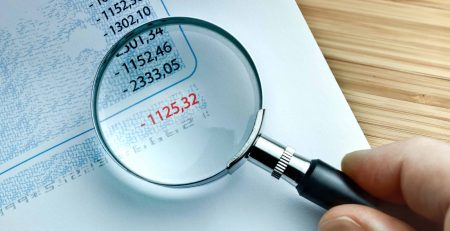Understanding the economy can be tricky. However, like the saying goes, “money makes the world go ‘round.” That is why it is important to understand the economy since it can make a big difference in how you handle your financial situation. The economy goes through different stages. One particular stage is a recession, which is a time when there is lower activity in the economy that could last for some months. When a recession happens, you can usually find:
- More unemployment
- Lower consumer spending and production
- Other types of decreased activity such as decreased manufacturing of products
What To Do During a Recession When You Have Limited Income
Facing a recession can be challenging, especially when you are not in the best financial situation. You should consider the following tips that may help you:
- Get a Clear Picture on Your Budget
- Keep an Emergency Fund
- Make Changes to Your Daily Life and Live With Only What You Need
- Consider Looking for Another Job
- Keep Your Credit Score In Mind
Get a Clear Picture on Your Budget
One of the most important things you should do on this list is get a clear picture of your budget. This will help you figure out your finances. Firstly, you should consider the money that you earn each month. If you work 40 hours per week for a month (4 weeks) at $15 per hour, then your gross income is $2,400 before taxes. This amount will change when taxes are taken, but just to begin to understand, you should figure out the basics.
Once you understand your earnings, you should know how much you spend. You should take into account your important bills, which include rent, a car note, and so on. Additionally, there might be unnecessary purchases that you spend money on. This could include streaming services, nail appointments, buying takeout food, and so on. Now that you know how much you earn and what you spend your income on, you can clearly understand what makes up your budget and what you need to focus on. As a good rule of thumb, your income should first go to things that matter like your bills.
Keep an Emergency Fund
An emergency fund is money you can rely on if you ever find yourself struggling more than usual. When a recession happens, it can be a challenge to keep a regular source of income. This is even harder when you still need to deal with the same amount of expenses to handle. That is why you should consider keeping an emergency fund. Generally, you should consider working on having three to six months of your expenses saved. It is important to know as much as you can about your finances so you can create realistic goals to understand how much you should save for your emergency fund, though.
Make Changes to Your Daily Life and Live With Only What You Need
When dealing with your financial situation, it is important to stay within your budget. It is really important to do so when a recession happens and you have limited income. You should try your best to keep to the basics. For instance, when you establish a budget and you find that you are spending $200 per month on makeup. Makeup is not a necessity, which means you can remove it from your budget. When you decrease the cost of makeup, you will save money. The money you save can be used towards bills or an emergency fund.
Other than getting rid of costs that are unnecessary, you should consider reducing your necessary costs as best as you can. You could also save money on your daily bills by considering these tips:
- Compare insurance quotes to ensure that you get the best coverage at the most affordable price
- When shopping for groceries, use coupons
- Pick wisely where to pump gas
Consider Looking for Another Job
If you do not have enough income, you should consider looking for more. You can do this with a part-time job. Fortunately, many jobs now have flexible conditions so you can work your own hours. For instance, if you decide to work as a babysitter, then you can work during the hours that suit you. It will help you in the short run and in the long run too! The skills you get from your other job may help you later on.
Keep Your Credit Score In Mind
Your credit score makes a difference to your finances. This score allows lenders to know the kind of borrower you are. It can be easy to damage your credit score if you make errors. You should consider these five aspects when it comes to your credit:
- History of payments
- The ratio of credit utilization
- How long your credit history is
- Different types of credit
- New kinds of credit
While these five aspects influence your credit score, one of the most important aspects is your history of payments. Lenders can see how you pay off your debt and when you repay your debts. As a person who has limited income during a recession, you might find it hard to manage your bills. You should do your best to keep your credit score in good condition. Having a good credit score could make it simpler for you to receive housing and financing with better terms, too.
The Final Verdict
Managing your expenses during a recession can be overwhelming, especially when you have limited income. Fortunately, it does not need to be as hard as you think. You should remember the following financial tips if the economy is facing a recession:
- Get a Clear Picture on Your Budget
- Keep an Emergency Fund
- Make Changes to Your Daily Life and Live With Only What You Need
- Consider Looking for Another Job
- Keep Your Credit Score In Mind
Who knows? You never know how effective these financial tips can be when it comes to dealing with your finances. Your life might change dramatically if you decide to work on your finances.











